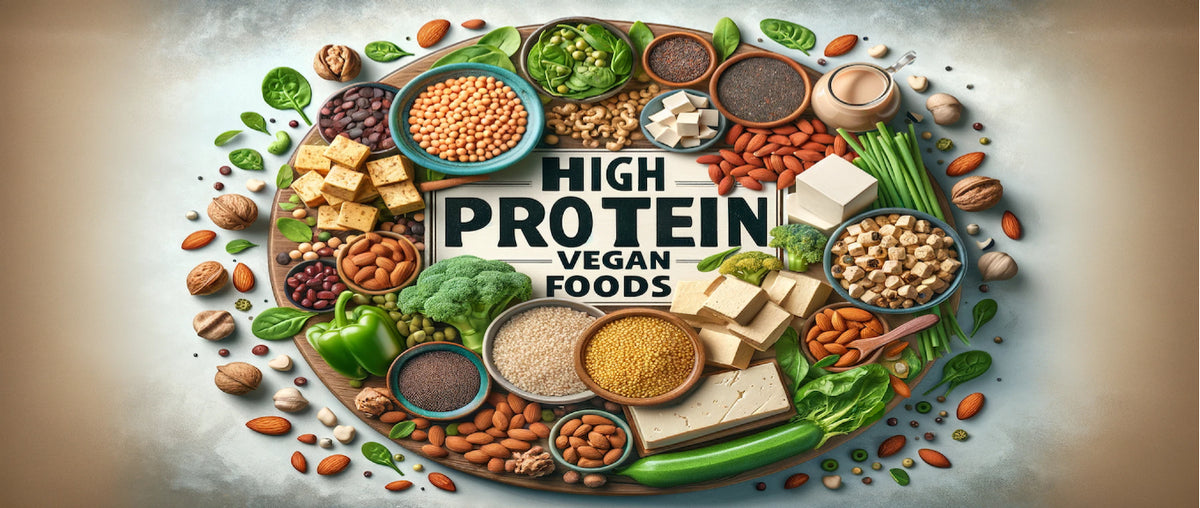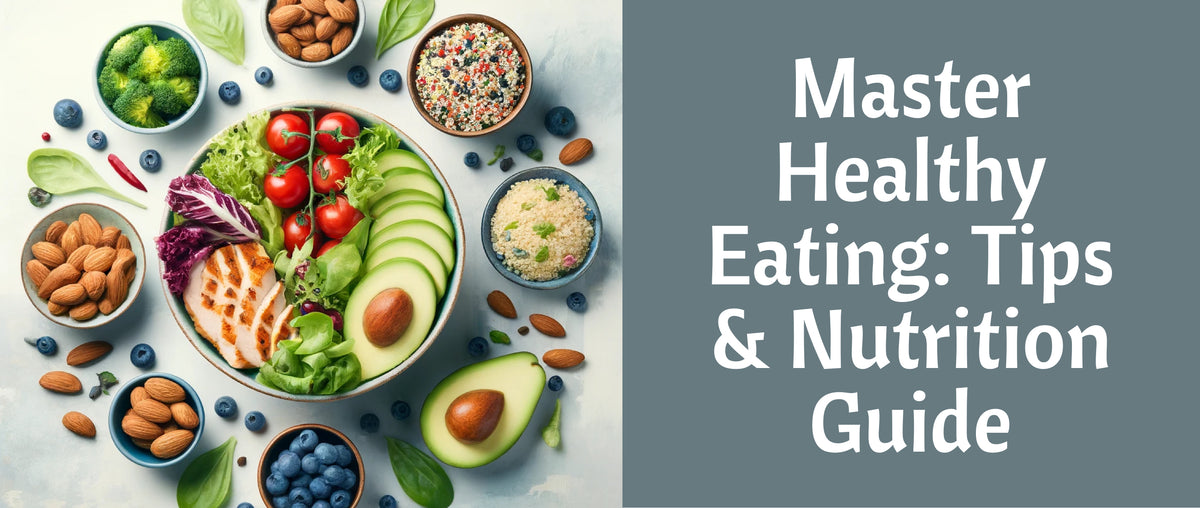How to Manage Food Cravings
Food cravings are an all-too-common experience, often derailing our best intentions for maintaining a healthy diet. Understanding how to manage these cravings is crucial for long-term health and wellness. In this comprehensive guide, we will explore the causes of food cravings, practical strategies to manage them, and long-term habits that can help reduce their frequency.
Key Takeaways
- Understanding the triggers
- Practical strategies
- Long-term habits
- Psychological aspects
Understanding Food Cravings
Food cravings are intense desires for specific foods, often difficult to resist. These cravings can be driven by various factors, including biological, emotional, and environmental triggers.
What Are Food Cravings?
Food cravings are complex urges to consume specific foods, usually rich in sugar, fat, or salt. They differ from general hunger as they focus on particular tastes and textures.
Common Triggers
- Biological Triggers: Hormonal fluctuations, nutrient deficiencies, and brain chemistry play significant roles.
- Emotional Triggers: Stress, boredom, and emotions like sadness or happiness can lead to cravings.
- Environmental Triggers: Advertisements, the sight and smell of food, and social settings can provoke cravings.

Why Are Cravings So Tempting at Night?
Nighttime cravings are particularly challenging to manage. Several factors contribute to this phenomenon:
The Science Behind Nighttime Cravings
- Hormonal Influences: Hormones like ghrelin (hunger hormone) and leptin (satiety hormone) can fluctuate, increasing hunger at night.
- Circadian Rhythms: Our body's natural clock can influence hunger patterns, often peaking in the evening.
Emotional and Psychological Factors
- Stress and Fatigue: After a long day, stress and fatigue can lower willpower, making it harder to resist cravings.
- Habit and Routine: Late-night snacking can become a habit, reinforcing the behavior over time.
Practical Strategies to Manage Cravings
Managing food cravings involves a combination of dietary changes, behavioral techniques, and psychological strategies. Here are some practical tips:
Dietary Changes
Importance of a Balanced Diet
A balanced diet ensures that your body receives all the essential nutrients, reducing the likelihood of cravings caused by nutrient deficiencies.
- Incorporating Protein and Fiber: High-protein snacks and fiber-rich foods help maintain satiety.
- Hydration: Drinking water can sometimes mitigate cravings mistaken for hunger.
- Regular Meals and Snacks: Consistent eating patterns can stabilize blood sugar levels, preventing sudden cravings.
Eat Enough Calories
Ensuring you consume enough calories is crucial. Undereating can lead to increased cravings as your body signals the need for energy.
- Balanced Meal Planning: Plan meals that include a mix of macronutrients to keep you full and satisfied.
Healthy Drinks
Incorporating beverages like Kombucha or herbal teas can help manage hunger and provide beneficial nutrients.
Avoid Restrictive Diets
Risks of Restrictive Eating: Highly restrictive diets can often backfire, leading to increased cravings and binge eating. The body's natural response to deprivation is to increase cravings for high-calorie foods.
Benefits of a Balanced Approach: A more sustainable approach involves moderation and balance, allowing occasional treats without guilt. This helps maintain a healthy eating pattern without the extreme ups and downs associated with restrictive diets.
Behavioral Techniques
- Mindful Eating: Practicing mindfulness while eating can help you become more aware of your hunger and satiety cues. This means eating slowly, savoring each bite, and paying attention to how you feel during and after meals.
- Avoiding Trigger Foods: Identifying and avoiding foods that trigger cravings can be an effective strategy. This might mean keeping less tempting foods out of the house or finding healthier alternatives.
- Planning Meals: Planning your meals and snacks in advance can help you make healthier choices and avoid impulsive eating.
- Keeping Healthy Snacks Available: Stocking up on high-protein snacks and low-calorie food options can help manage cravings without derailing your diet.
Drink Water
Hydration and Its Impact on Cravings: Staying hydrated is essential for overall health and can help reduce cravings. Often, thirst is mistaken for hunger, leading to unnecessary eating.
Tips for Staying Hydrated: Carry a water bottle with you, set reminders to drink water throughout the day, and consume water-rich foods like fruits and vegetables.
What Is Intermittent Fasting?
Intermittent fasting is an eating pattern where you cycle between periods of eating and fasting. It has gained popularity for its potential health benefits and its role in weight management.
Overview of Intermittent Fasting
Intermittent fasting can take various forms, such as the 16/8 method (fasting for 16 hours and eating during an 8-hour window) or the 5:2 diet (eating normally for 5 days and restricting calories for 2 days).
Benefits and Challenges
- Benefits: Intermittent fasting can help reduce insulin resistance, improve metabolic health, and simplify meal planning. It also encourages the consumption of nutrient-dense foods during eating windows.
- Challenges: It requires discipline and may not be suitable for everyone, particularly those with certain medical conditions or who are pregnant.
How It Affects Food Cravings
Intermittent fasting can help regulate hunger hormones and reduce overall calorie intake, potentially leading to fewer cravings. However, it’s essential to maintain a balanced diet during eating periods to avoid nutrient deficiencies.
Long-term Habits to Reduce Cravings
- Developing a Routine: Establishing a regular eating schedule can help stabilize your appetite and reduce cravings.
- Importance of Sleep: Adequate sleep is vital for overall health and can help regulate hunger hormones, reducing the likelihood of cravings.
- Regular Physical Activity: Exercise can help manage stress and improve mood, both of which can help reduce cravings. It also promotes better sleep and overall health.
- Stress Management Techniques: Practices such as yoga, meditation, and deep breathing can help manage stress, a common trigger for cravings.
Psychological and Emotional Aspects
- Understanding Emotional Triggers: Identifying and addressing emotional triggers can help reduce cravings. This might involve keeping a journal to track your eating habits and emotions.
- Role of Therapy and Support Groups: Seeking professional help or joining support groups can provide additional tools and support for managing cravings.
- Building a Support System: Having friends, family, or a community to support your goals can make a significant difference.
- Case Studies or Personal Stories: Sharing real-life examples of how others have managed their cravings can provide inspiration and practical tips.

Cultural and Regional Considerations
- Cravings Management in Different Cultures: Exploring how various cultures address food cravings can provide new strategies and insights.
- Specific Considerations for Managing Cravings in India: In India, traditional practices such as Ayurveda offer various methods for managing cravings, emphasizing balance and natural remedies.
How to Manage Food Cravings
Managing food cravings requires a multifaceted approach. By combining dietary, behavioral, and psychological strategies, you can effectively manage and reduce cravings.
- Comprehensive Strategies and Tips: Implementing a balanced diet, staying hydrated, practicing mindful eating, and addressing emotional triggers are all part of a comprehensive approach.
- Combining Dietary, Behavioral, and Psychological Approaches: Integrating these strategies into your daily routine can help you maintain control over your cravings and lead a healthier lifestyle.
Conclusion
Food cravings are a natural part of life, but they don't have to control you. By understanding the triggers and implementing practical strategies, you can manage cravings effectively. Remember, the key to success is consistency and balance. Stay committed to your goals, and over time, you will see positive changes in your eating habits and overall health.
Craving a delicious vegan meal? Look no further! We've got a guide to the best vegan restaurants in India, ready to help you discover amazing plant-based eats in your city.










